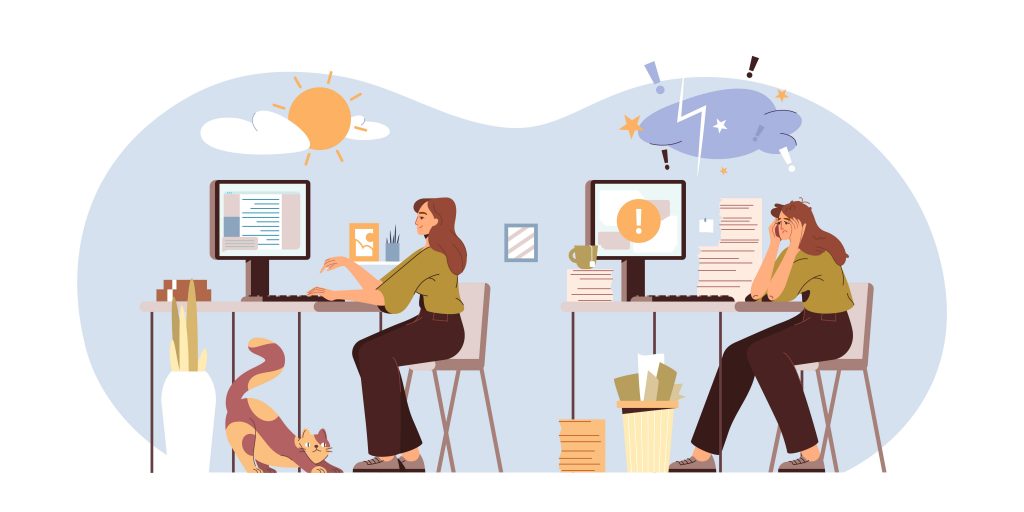Don’t Forget Your Staff During Uncertainties
Don’t Forget Your Staff During Uncertainties Most companies are focused on the bottom line because of COVID 19. Nobody can blame them. There are too many unknowns and yes, if businesses go belly up, everyone suffers. As a leader, keep your employees in mind when making hard decisions. Remember, they’re your most important asset and most affected during uncertainties. If they feel they aren’t being looked after enough, morale and productivity go down. How To Support Your Staff During Uncertainties? So, you must show support in difficult times. This doesn’t just mean paying them more. There are other ways and here are some. » Be flexible. Have you considered a hybrid work setting? If you’re exploring ways to save money, this could be a win-win situation for you and your staff. This arrangement allows employees to work remotely. Maybe some of them don’t need to come to the office to accomplish their tasks. You can only require them to be physically present on certain days of the week. » Show empathy. Now is the time to put yourself in the shoes of your employees. During uncertainties, perhaps the topmost in their minds would be health and job security. Consider how your staff will view the changes you plan to implement. You get to fine-tune your message before making announcements. » Emphasize health. For now, COVID 19 will remain a threat to everyone. Some organizations allow a hybrid work arrangement to ensure the workplace isn’t crowded. Many businesses upgrade their insurance plans to include COVID 19 treatment. Others provide services that look after their employees’ mental health. Why not promote better hygiene to prevent the spread of diseases? There are many ways you can show your staff you care about their well-being. The example above, for instance, will not cost you much. » Communicate often with your employees. The memo is no longer sufficient today. As a leader, you should get out of your shell and talk to your employees. Don’t forget you can meet them virtually. Your communication should be clear and consistent. Also, don’t forget to ask for feedback. Get your staff engaged by sharing problems they might be able to solve. Be transparent and try not to sugarcoat. Difficult times call for honest leaders.
Don’t Forget Your Staff During Uncertainties Read More »




